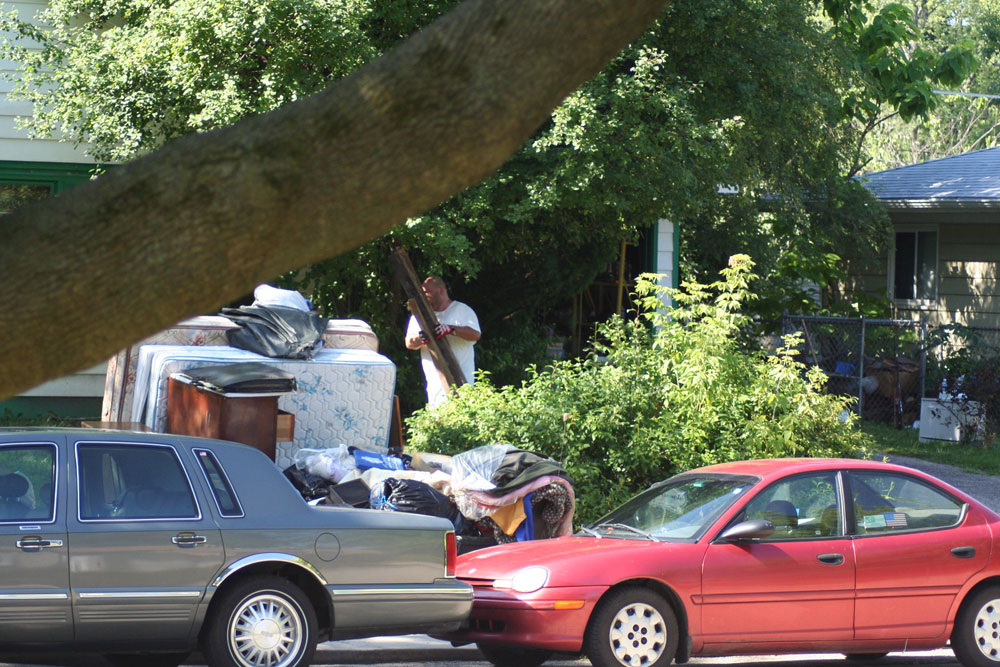
May 19, 2020; Texas Tribune
The reopening of the economy will not be all wine and roses—and, once again, it is likely to hit people with low incomes the hardest. In Texas, the state supreme court, after a month’s respite, has given the green light for eviction proceedings to resume the day after Labor Day. For those who were made jobless by the pandemic, as 1.9 million Texans were, there is likely to be only a scanty patchwork of relief past that date to help them retain their housing.
Eviction trials will recommence on May 26, 2020. And this problem is no temporary setback; not only do you face the immediate loss of your home, but once an eviction is on your record, it becomes very difficult for you to secure housing in the future.
Some localities have their own moratoriums—there’s a list of them here—and those living in places that have federally-backed mortgages are protected through August 23rd. A list of those is being made available through National Low Income Housing Coalition’s searchable database.
Sign up for our free newsletters
Subscribe to NPQ's newsletters to have our top stories delivered directly to your inbox.
By signing up, you agree to our privacy policy and terms of use, and to receive messages from NPQ and our partners.
Fred Fuchs, an attorney with Texas RioGrande Legal Aid, says some landlords will file for eviction even if their buildings are protected. “Thus, tenants must not assume that they do not live in a covered property if they are served with an eviction lawsuit.”
In San Diego, a moratorium on pandemic-related evictions has been extended until June 30, 2020, while in Oklahoma and Nebraska, they are, as in Texas, set to resume towards the end of May.
In Chicago, where the lifting of a current ban on evictions would displace large numbers of residents, a proposal is being floated to cancel rents while making landlords whole. State Rep. Delia Ramirez has been joined by a number of nonprofits to push through a bill to do just that, but that will cost money even as the state revenue base is eroding.
At the federal level, housing groups are backing the establishment of a fund that would provide for federal emergency rental assistance in the context of the national stimulus spending. The version of the HEROES Act approved by the House contains $100 billion in emergency rental assistance, but in the meantime, local courts are opening back up in the rush to restart the economy…at least for some.—Ruth McCambridge










